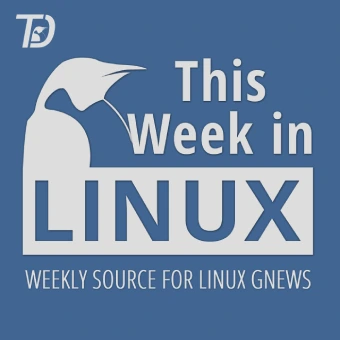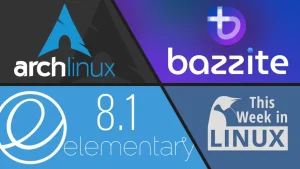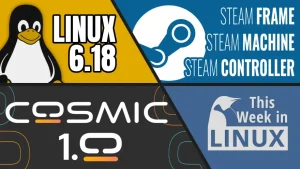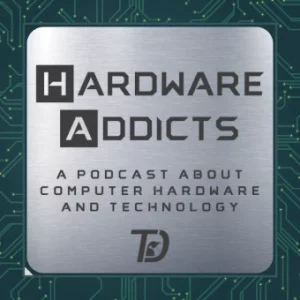On this episode of This Week in Linux, Red Hat Announces new updates for the CentOS situation in that you can now get RHEL at No-Cost. We’re also going to be talking about a new piece of hardware from the Raspberry Pi Foundation called the Pico. Then we will check out some more Enterprise-y goodness from SUSE. Plus we’ve got some updates related to running Linux on Apple M1 Mac. We’ve also got some app news related to graphics tools Inkscape & Krita plus a not so ideal update from Google for Chromium. Later in the show we will discuss some distro news including Linux Mint having a big screensaver bug & Ubuntu announced their plans for Ubuntu 21.04 in regards to GNOME 40. All that and much more on Your Weekly Source for Linux GNews!


Downloads & Media
[tdpodcast mode=”subscribe” podcast=”thisweekinlinux”]
Segment Index
- 00:00 = Welcome to This Week in Linux 135
- 01:19 = DLN News: Live Streams, DLN Store & the Forums
- TWILers easter egg
- 02:54 = Red Hat Announces No-Cost RHEL
- 10:48 = Raspberry Pi Pico
- 14:46 = SUSE Details Plans for SLE / openSUSE
- 21:17 = Digital Ocean – VPS & App Platform ( https://do.co/dln )
- 22:53 = Linux on Apple M1 Mac by Correllium
- 28:29 = Inkscape 1.0.2 & 1.1alpha Released
- 33:59 = Krita 4.4.2 Released
- 37:35 = Bitwarden Password Manager ( https://bitwarden.com/dln )
- 40:04 = Linux Mint Screensaver Bypass Vulnerability
- 46:14 = Ubuntu 21.04 Not Shipping GNOME 40
- 50:40 = Chromium Issue – Distro Reactions: Fedora, Arch, Debian, Slackware
- 58:12 = Outro






